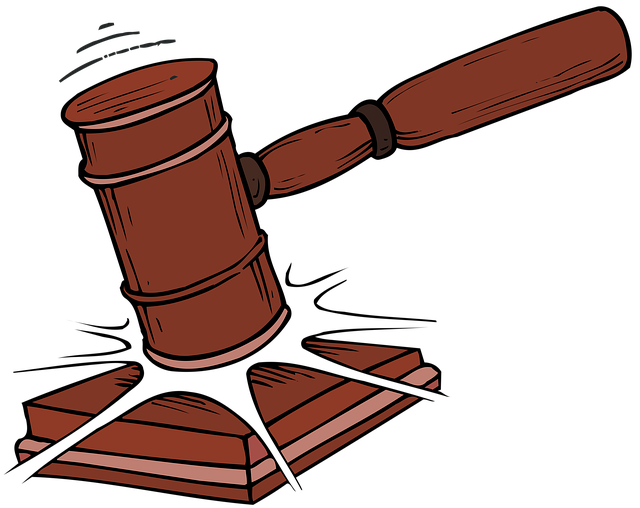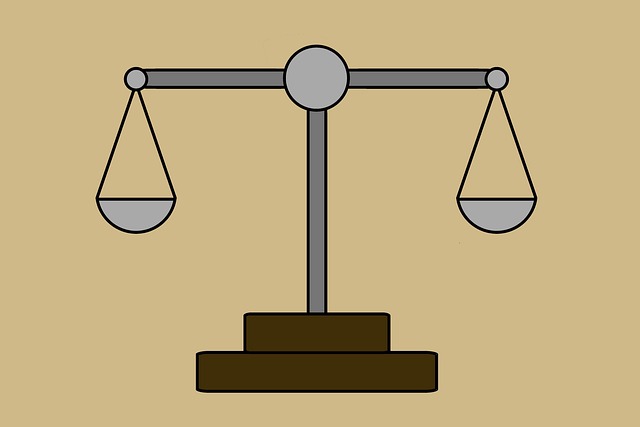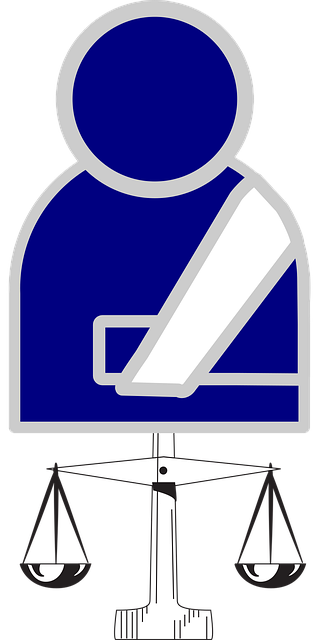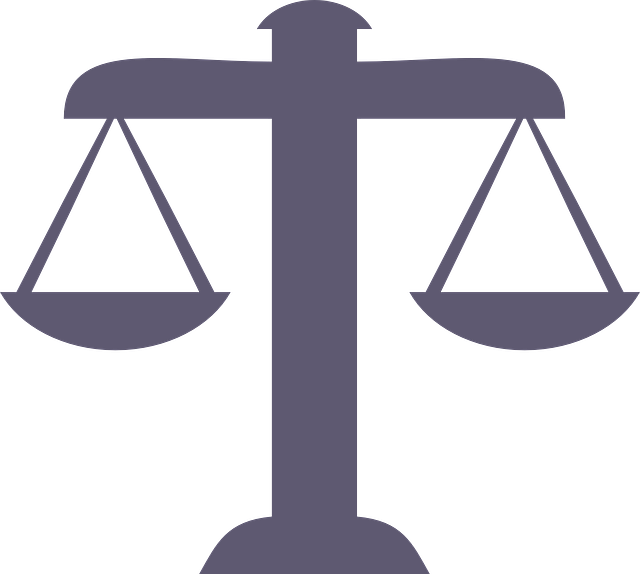Healthcare Law Firms play a pivotal role in navigating complex medical law, advocating for patients and providers. Their expertise lies in deciphering regulations and ethical dilemmas, offering services from investigative support to regulatory guidance. A key strength is their strategic approach to Challenges Faced During Jury Selection, ensuring fair trials and protecting rights of both patients and healthcare professionals through meticulous juror screening, strategic questionnaires, and peremptory challenges, even in high-stakes white-collar defense cases with diverse plaintiffs and defendants. Effective jury selection strategies are crucial for rendering impartial verdicts in complex healthcare litigation where community influence and medical expertise can impact public opinion.
“In the intricate landscape of healthcare law, specialized firms play a pivotal role, navigating complex regulations and ethical dilemmas. This article explores the unique dynamics of healthcare legal practices, focusing on their essential role in advocating for patients’ rights and ensuring medical institutions adhere to strict guidelines.
We delve into the complexities of jury selection in healthcare cases, where understanding these challenges is crucial. From identifying common hurdles to implementing successful strategies, this comprehensive guide aims to equip professionals with insights into navigating the intricate process of jury picking, addressing the Challenges Faced During Jury Selection in healthcare litigation.”
- Understanding Healthcare Law Firms: Their Role and Unique Characteristics
- The Complexities of Jury Selection in Healthcare Legal Cases
- Common Challenges During Jury Picking: A Deep Dive
- Strategies to Overcome Barriers in Healthcare Jury Selection
- Case Studies: Lessons Learned from Real-World Scenarios
Understanding Healthcare Law Firms: Their Role and Unique Characteristics

Healthcare Law Firms play a pivotal role in navigating the complex landscape of medical law, ensuring justice for patients and healthcare providers alike. Their expertise lies in understanding the intricate web of regulations and ethical considerations that permeate the healthcare industry. These firms offer specialized services ranging from representing clients during all stages of the investigative and enforcement process to providing guidance on regulatory compliance and risk management.
One unique characteristic is their ability to tackle the challenges faced during jury selection, where bias and prejudice can significantly impact medical malpractice cases. With an unprecedented track record of success, they employ strategic methods to select fair and impartial jurors, ensuring that their clients receive a just trial. This meticulous approach reflects the firm’s commitment to protecting both patients’ rights and healthcare professionals’ reputations in the face of legal adversity.
The Complexities of Jury Selection in Healthcare Legal Cases

Jury selection in healthcare legal cases is a complex process, fraught with unique challenges. The nature of healthcare disputes often involves highly technical information and intricate ethical dilemmas, making it difficult to find jurors who possess both the cognitive ability to understand these complexities and the emotional detachment necessary for impartial decision-making. This presents significant challenges faced during jury selection, especially when dealing with cases involving medical malpractice, patient privacy breaches, or corporate misconduct in healthcare institutions.
These complexities are exacerbated by the diverse nature of plaintiffs and defendants in healthcare law firms, ranging from large corporations and hospitals to individual doctors and healthcare providers. While traditional jury pools might struggle to differentiate between a white-collar defense strategy aimed at avoiding indictment for corporate clients and individual healthcare professionals facing malpractice claims, skilled attorneys must navigate these nuances. Effective strategies include thorough juror questionnaires, thoughtful challenges for cause, and peremptory challenges to ensure a fair and impartial panel that can fairly represent both corporate and individual clients in the healthcare sector.
Common Challenges During Jury Picking: A Deep Dive

Selecting a jury is a critical phase in any legal proceeding, particularly for healthcare law firms dealing with complex cases. The process involves sifting through potential jurors to find a fair and impartial group capable of understanding nuanced medical and legal issues. However, this task presents several challenges that can impact the outcome.
One significant challenge during jury picking is attuning to potential biases related to healthcare, especially in cases involving white-collar defense for his clients. Juries may harbor preconceived notions about specific medical practices or industries, which could influence their decisions. For instance, a jury member’s personal experience with a particular healthcare provider might unconsciously shape their perception of the case. Additionally, the complex nature of medical litigation often requires explaining intricate concepts, ensuring that jurors grasp the nuances and don’t dismiss vital details based on confusion or misunderstanding. Effective jury selection strategies involve thorough questioning to uncover biases, clarify misconceptions, and ultimately seat a diverse yet impartial panel for a fair trial.
Strategies to Overcome Barriers in Healthcare Jury Selection

Overcoming barriers in healthcare jury selection is a complex task due to the unique challenges faced during this process. The diverse nature of healthcare professionals and patients brings a range of perspectives, which can be both an asset and a hurdle. One significant challenge is attuning juries to the intricacies of medical jargon and procedures, ensuring they can make informed decisions without preconceived notions or biases. Healthcare law firms often employ strategies such as providing clear explanations, using visual aids, and selecting jurors with backgrounds relevant to healthcare to navigate these complexities.
Additionally, balancing the need for a diverse jury pool with the sensitivity of high-stakes cases, especially those involving white collar and economic crimes, is crucial. Juries must remain impartial despite potential biases from their interactions with the philanthropic and political communities. This requires careful screening and questioning during selection to ensure an unbiased panel capable of rendering justice in complex healthcare litigation. These strategies are essential for achieving fair trials in an environment where medical expertise and community influence can shape public opinion, ultimately determining the success of legal cases.
Case Studies: Lessons Learned from Real-World Scenarios

In the dynamic landscape of healthcare law, case studies serve as invaluable tools for understanding the intricate challenges faced during jury selection. Real-world scenarios paint a vivid picture of the complexities that arise when representing clients in high-stakes jury trials. For instance, navigating the nuances of medical expertise and translating technical jargon into comprehensible evidence is a routine challenge. These cases highlight the critical need for meticulous preparation, as jurors from diverse backgrounds require clear communication to grasp the intricacies of healthcare practices.
Moreover, understanding the interplay between philanthropic and political communities adds another layer to these challenges. As jury trials progress through all stages of the investigative and enforcement process, lawyers must anticipate and address potential biases or conflicts of interest. Case studies provide a roadmap for navigating these uncharted territories, ensuring that justice is not only sought but also served equitably within the healthcare sector.
Healthcare law firms play a pivotal role in navigating complex legal landscapes, particularly during jury selection processes. The unique nature of healthcare cases presents significant challenges, from understanding medical jargon to addressing sensitive patient data. This article has explored these complexities, delved into common obstacles like bias and expert witness availability, and offered strategies to streamline the jury picking process. By learning from real-world case studies, law firms can enhance their approach to overcoming these challenges, ensuring fair and efficient trials in healthcare litigation.






